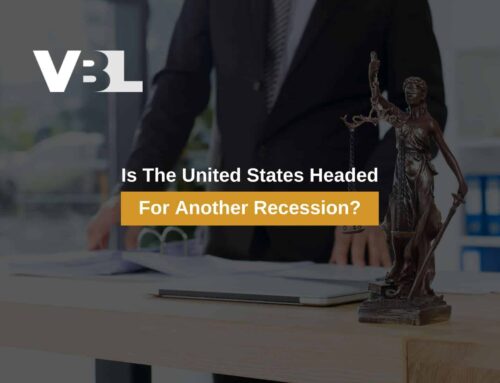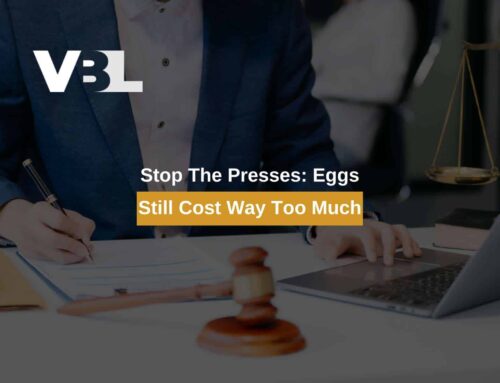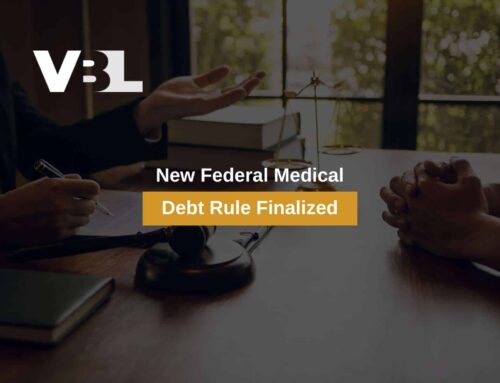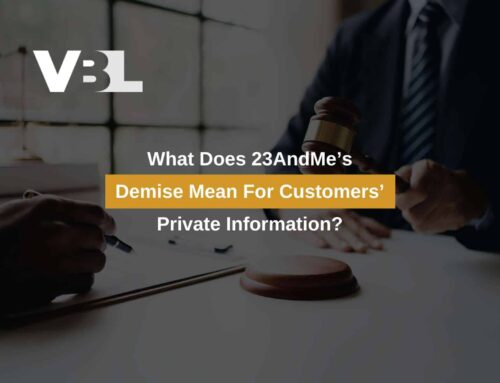Bankruptcy Chapter Conversion In Nevada
What Is Bankruptcy Chapter Conversion, & How Can It Help You After Filing Bankruptcy In Las Vegas
These questions and more are addressed by Las Vegas Bankruptcy Attorney Erik Severino. Please, read on and see how our Las Vegas Bankruptcy Lawyers can assist you.
While it provides immense benefits, bankruptcy is a long and complex process. Furthermore, the consequences of making mistakes in your bankruptcy can be severe. One of the most common mistakes that people make when filing bankruptcy is filing under the wrong chapter. Sometimes this may simply mean not enjoying every possible benefit that bankruptcy offers, and sometimes it means extra fees, your assets being taken, or your case being dismissed. But if you file bankruptcy under the wrong chapter, this isn’t immediately game over for your case. Read on to learn more about converting bankruptcy chapters to preserve your case so that you can discharge debts and move forward with a fresh start.
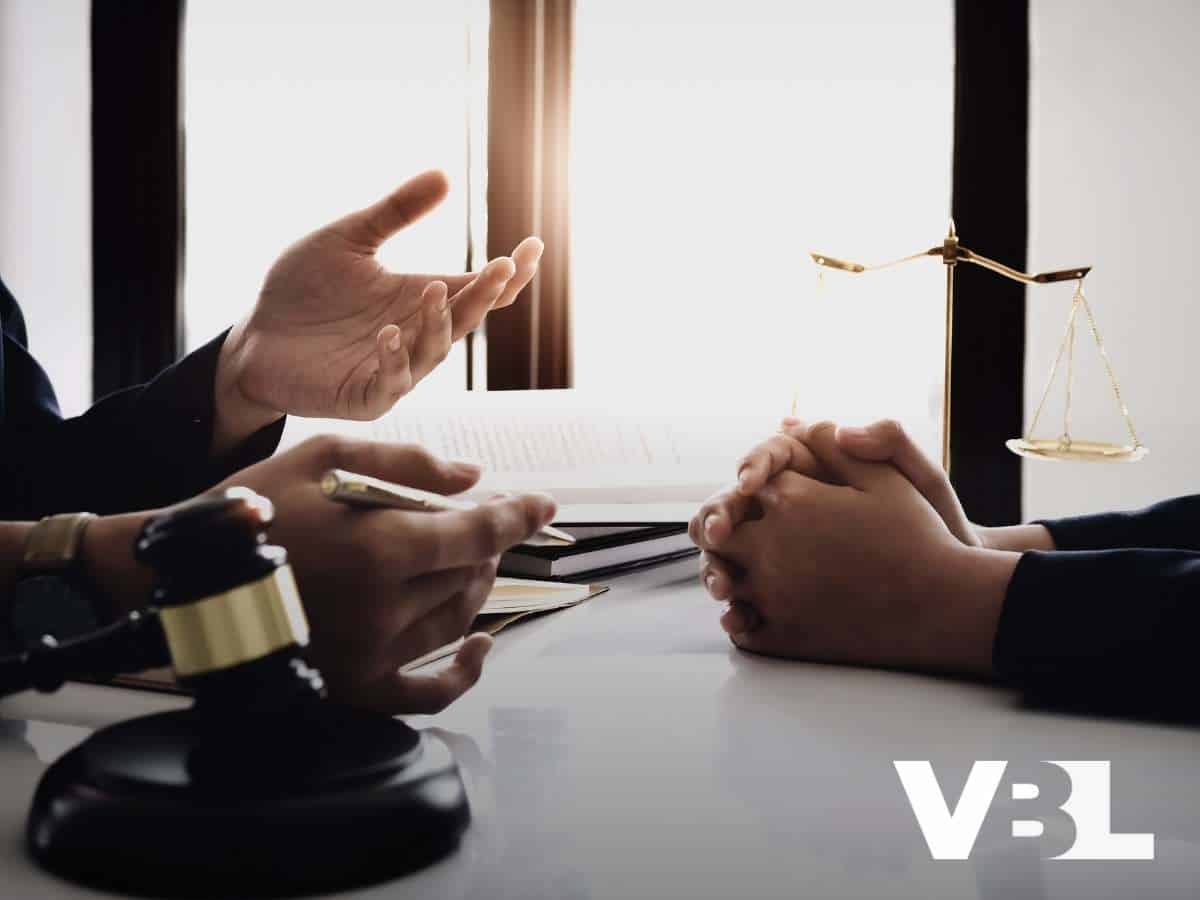
Consumer Bankruptcy Chapters
Chapter 7 and Chapter 13 are the most common types of consumer bankruptcy in the United States, with Chapter 7 being the most common. Chapter 7 bankruptcy clears away most types of unsecured debts, like credit cards, medical bills, and personal loans. There are several factors that can disqualify a debtor from filing Chapter 7, especially income. The debtor must either have an income that falls below the state median, or pass the Means Test to qualify. This type of bankruptcy generally lasts 3-5 months.
Chapter 13 bankruptcy is usually an option for those who don’t qualify for Chapter 7 bankruptcy. This type of bankruptcy reorganizes debts into a payment plan that lasts 3 or 5 years, based on income level. The plan pays off debts in four categories, and is calculated using the debtor’s disposable monthly income.
These two bankruptcy chapters share many features in common. A bankruptcy trustee will be assigned to every case, who is a court-appointed attorney to oversee the bankruptcy. The debtor will meet the trustee at the mandatory hearing known as a 341 Meeting of Creditors. In both chapters, the debtor is required to complete two credit counseling courses, one before filing and the other within the 60 days after the 341 Meeting of Creditors. Upon filing either type of petition, the debtor is protected from creditors by the Automatic Stay. To learn more about the bankruptcy requirements that will apply in your case, contact a local bankruptcy attorney in Las Vegas for a consultation.
Converting Chapter 7 Bankruptcy To Chapter 13 Bankruptcy
Due to inadvertence or lack of knowledge about bankruptcy laws, you may end up filing your case under the incorrect chapter. You can usually convert your bankruptcy to the correct chapter to avoid dismissal. The more common transition is from Chapter 7 to Chapter 13.
There are several reasons you may want to convert your Chapter 7 to a Chapter 13 bankruptcy. You may have not realized that some of your debts will only be discharged in a Chapter 13 bankruptcy, such as a junior mortgage on your home. Some of your assets may no longer be protected by bankruptcy exemptions- think of the current state of the housing market. You could experience a change in income, like getting a new job or significant raise, that disqualifies you from Chapter 7. Your creditors or trustee may object to a chapter conversion, but you are usually entitled to it when converting from Chapter 7 to Chapter 13.
The first step to converting your Chapter 7 bankruptcy into a Chapter 13 bankruptcy is to file a motion with the court. This will need to be sent to all interested parties, including the creditors and trustee. You will sometimes need to attend a hearing to confirm the conversion, but it can also be granted without a hearing if no one objects.
There are only a few reasons that your conversion could be denied. If you have already converted your case, the court generally won’t grant another conversion. The court may also deny a conversion if you acted in bad faith, e.g., intentionally hiding income and property. Your conversion could also be denied if you don’t have sufficient income to pay off at least the minimum required debts in your Chapter 13 payment plan.
Converting Chapter 13 BK To Chapter 7 BK
Sometimes, a debtor may file Chapter 13 bankruptcy to save an asset, and later decide they would rather surrender the asset, making the Chapter 13 unnecessary. Other times, the debtor’s financial situation may change so drastically that a Chapter 13 bankruptcy is no longer feasible. The debtor will still need to meet all the ordinary requirements for Chapter 7, including income and previous bankruptcy filings. You must file a notice of conversion with the court to begin the conversion process from Chapter 13 to Chapter 7. You may also be required to submit an explanation of why you need to convert to a Chapter 7. Sometimes, the court may even force you to convert your Chapter 13 bankruptcy to a Chapter 7. This can occur when you haven’t been cooperating with your payment plan, and it would be preferable for your creditors for the trustee to auction off non-exempt assets.
One issue that may arise here is that all of your assets will now need to be protected by bankruptcy exemptions. In general, bankruptcy exemptions aren’t designed to allow debtors to keep significant assets and discharge their debts in bankruptcy- the idea is that the debtor should sell valuable assets to pay off debts first. This means everything from small items like clothing and jewelry, to larger assets like your vehicle and home, might not be protected. These exemptions vary by state, and some states allow you to use federal exemptions. While you can keep valuable assets when you file Chapter 13, any assets that aren’t protected in a Chapter 7 are at risk of being seized and sold by the bankruptcy trustee. Not only does this provide a way for your creditors to receive payment, but your trustee will also receive a portion of any recovered funds.
It’s important that a debtor completes the necessary steps of a Chapter 13 to Chapter 7 bankruptcy conversion rather than stop making plan payments. This creates the risk that the debtor’s case will be dismissed before there is an opportunity for conversion. Clearly, there are several concerns that must be addressed before converting from Chapter 13 to Chapter 7- you should review them all with your attorney before filing anything with the bankruptcy court.
Consider Hiring An Experienced Las Vegas Bankruptcy Attorney When Converting Your Bankruptcy
Converting your bankruptcy can be a complicated process, and the consequences of mistakes are harsh. Of course, the ideal situation would be to file your bankruptcy under the correct chapter the first time. Whether you’re considering converting your bankruptcy, or if you want to make sure that you file under the correct chapter, you should seek the guidance of an experienced bankruptcy attorney. This will help you have the smoothest and most effective bankruptcy possible.
Our dedicated Las Vegas bankruptcy lawyers have decades of experience filing bankruptcies and are highly familiar with the conversion process. We offer free consultations and affordable payment plan options starting as low as ZERO DOLLARS DOWN. Additionally, our Vegas bankruptcy attorney and staff will help you determine which chapters you qualify for, and whether or not your assets are protected by bankruptcy exemptions. Therefore, to schedule your free consultation, call or use our online form and let us know when is most convenient for you.

Las Vegas Bankruptcy Lawyers
LAS VEGAS
7251 W Lake Mead BLVD #300
Las Vegas, NV89128
Office: 702-879-2499
Email: [email protected]
HENDERSON
1489 W Warm Springs Rd. Ste 110
Henderson, NV 89014
Email: [email protected]





